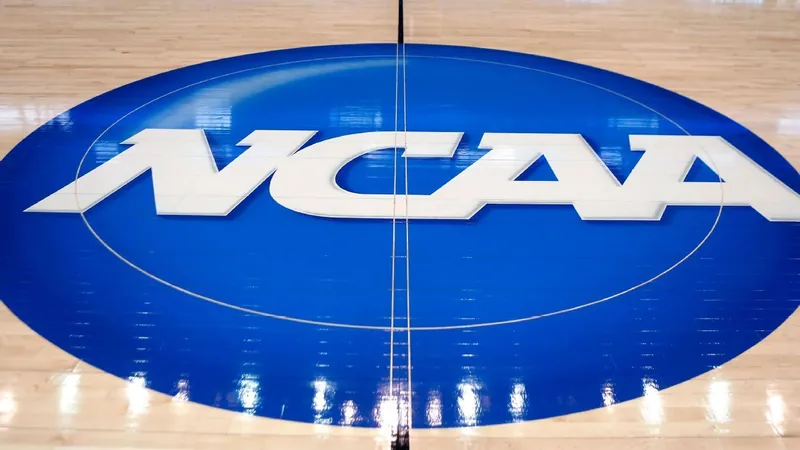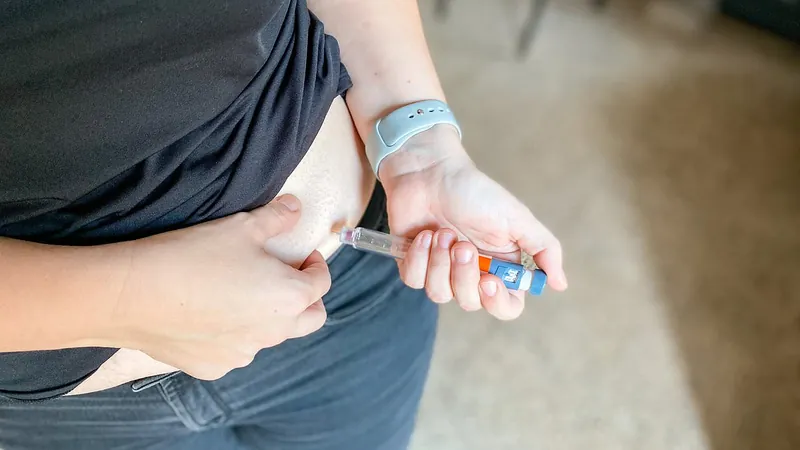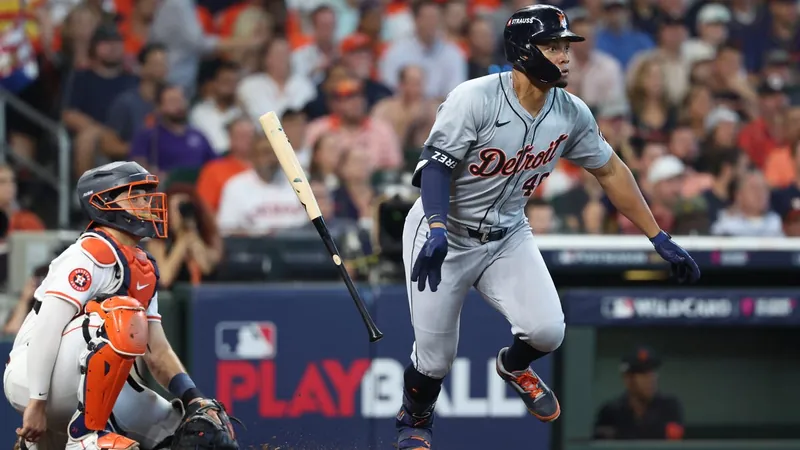
Major Breakthrough: College Athletes Move Closer to Earning Paychecks!
2024-10-07
Author: Chun
Major Breakthrough: College Athletes Move Closer to Earning Paychecks!
In a monumental shift for college sports, athletes are one significant step closer to being paid directly by their schools. On Monday morning, Judge Claudia Wilken granted preliminary approval to an unprecedented antitrust settlement, signaling a potential game-changer for Division I athletes across the country.
This ruling addresses a series of antitrust lawsuits that challenged the NCAA's longstanding restrictions on athletes' earning potential. The lawsuits—House v. NCAA, Hubbard v. NCAA, and Carter v. NCAA—argued that the NCAA's monopoly on college sports unfairly limited athletes' financial opportunities. The settlement is set to see the NCAA shell out approximately $2.8 billion in damages.
While Judge Wilken had earlier raised concerns regarding potential limitations on athletes' future earnings, her current ruling indicates that the settlement is likely to be viewed as fair and reasonable. Athletes affected by the settlement have until January 31, 2025, to file any objections or opt out, with a final approval hearing scheduled for April 7, 2025, coinciding with the NCAA men’s basketball championship game.
What's particularly revolutionary about this settlement is that it eliminates the restrictions on schools from directly compensating their athletes, a principle that has long underpinned the NCAA's amateurism philosophy. If finalized, starting next year, schools will be able to pay athletes up to a limit that begins at slightly over $20 million per institution, with this cap projected to increase annually.
Steve Berman, one of the lead lawyers representing the athletes, expressed his enthusiasm for the settlement, stating, “We are thrilled that we are one step closer to a revolutionary change in college sports that will allow NCAA athletes to share in billions of revenue.” This optimism underscores the transformative impact this decision may have on student-athletes, many of whom generate substantial revenue for their institutions without receiving a fair share.
In an interesting twist, the NCAA's president, Charlie Baker, sees this settlement as pivotal for reshaping the economic structure of college athletics. He articulated that the endeavor to allow athletes to receive compensation without classifying them as employees will require assistance from Congress to counteract ongoing legal challenges.
However, the preliminary approval is not without controversy. Concerns have been raised regarding the allocation of the $2.8 billion. It’s estimated that around 90% of the funds may flow to football and men's basketball players, given that these sports generate the bulk of revenue through broadcasting deals. Critics argue this disparity could violate Title IX regulations, which promote gender equity in education, including athletics.
Moreover, some provisions in the deal propose restrictions on third-party boosters and their association with name, image, and likeness (NIL) agreements, potentially limiting opportunities for athletes to maximize their earnings through endorsements. This aspect has prompted concerns regarding fairness and competitiveness, as teams may face tighter financial limitations moving forward.
As stakeholders prepare for the implementation of this agreement, the spotlight remains on how newfound payment opportunities will reshape college sports as we know it. The road ahead promises significant changes, and athletes are poised to finally receive a share of the revenue they help generate for their schools, potentially reshaping the collegiate athletic landscape for decades to come.
This groundbreaking settlement not only marks a pivotal moment for athletes but also sparks conversations about the future of college sports governance, athlete rights, and equity in athletic programs. Stay tuned as we follow this developing story that could forever change how college athletics operates!




 Brasil (PT)
Brasil (PT)
 Canada (EN)
Canada (EN)
 Chile (ES)
Chile (ES)
 España (ES)
España (ES)
 France (FR)
France (FR)
 Hong Kong (EN)
Hong Kong (EN)
 Italia (IT)
Italia (IT)
 日本 (JA)
日本 (JA)
 Magyarország (HU)
Magyarország (HU)
 Norge (NO)
Norge (NO)
 Polska (PL)
Polska (PL)
 Schweiz (DE)
Schweiz (DE)
 Singapore (EN)
Singapore (EN)
 Sverige (SV)
Sverige (SV)
 Suomi (FI)
Suomi (FI)
 Türkiye (TR)
Türkiye (TR)